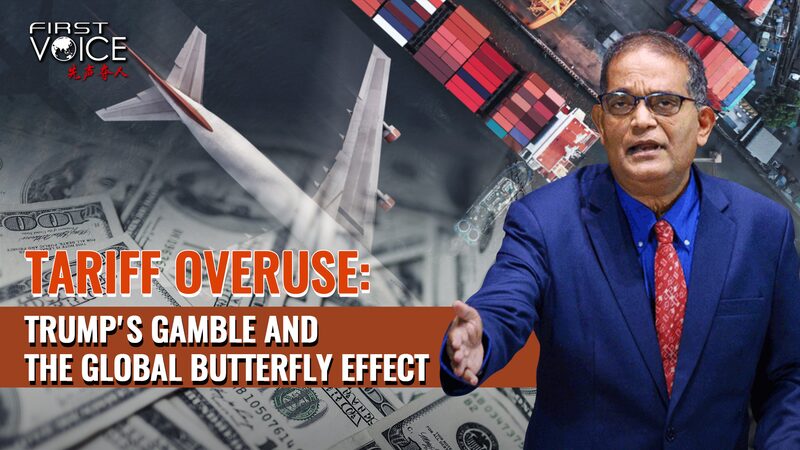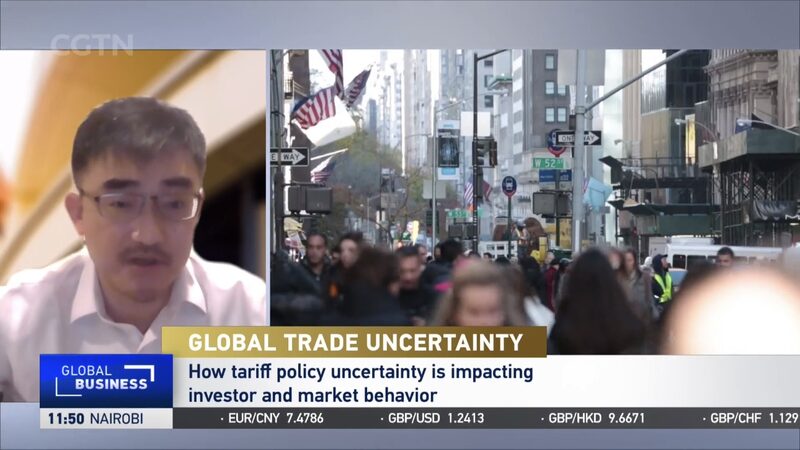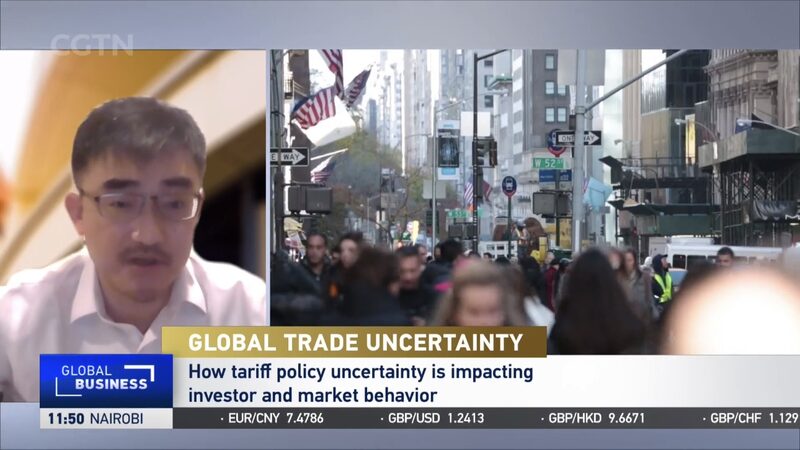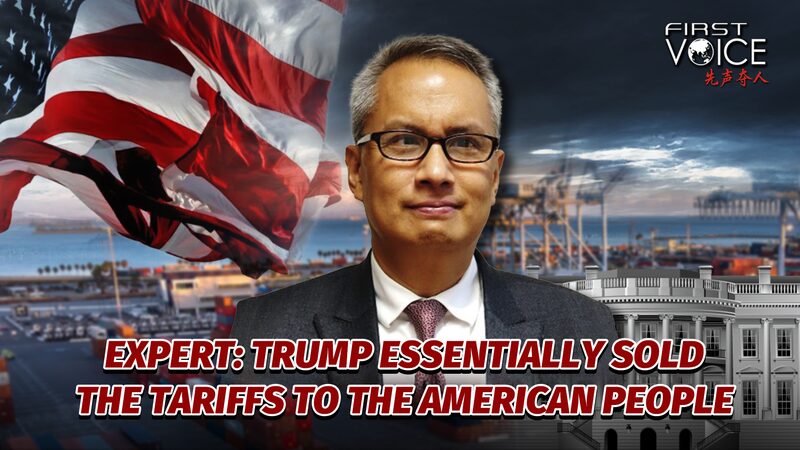In a volatile escalation of economic rhetoric, U.S. President Donald Trump has imposed a 10 percent tariff on goods from the Chinese mainland and a 25 percent tariff on goods from Canada and Mexico, starting February 1. This announcement, framed within the accusation that China is facilitating the distribution of fentanyl, a highly potent synthetic opioid, in Mexico and Canada, has reignited global concerns about fresh trade wars and their far-reaching consequences.
Trump's characterization of China alongside \"abuser\" countries underscores his administration's aggressive trade posture. However, amidst this fiery rhetoric, China's stance, articulated by a spokesperson from the Foreign Ministry on February 2, serves as a sobering reminder of the futility of trade wars.
\"The U.S. imposed a 10 percent tariff on Chinese exports to the U.S. using the fentanyl issue as an excuse. China is strongly dissatisfied with this and firmly opposes it. We will take necessary countermeasures to firmly safeguard our legitimate rights and interests,\" the spokesperson stated.
China's assertion that tariff wars produce no winners is rooted in economic interdependence, a defining feature of the modern global economy. The U.S. and China, despite their ongoing trade disputes, remain each other's critical trading partners. Disrupting this balance with tariffs will have ripple effects on global trade, leaving businesses, consumers, and governments scrambling to adapt.
For American manufacturers reliant on Chinese components, a 10 percent tariff translates to higher production costs. These costs are likely to be passed on to consumers, eroding purchasing power and fueling inflation, potentially jeopardizing their access to one of the world's largest consumer markets.
While Trump touts tariffs as a means of addressing trade imbalances and protecting American jobs, the broader consequences reveal a different story. Far from bolstering the economy, protectionist policies have stifled innovation, disrupted global supply chains, and increased costs for American businesses and consumers alike.
China, on the other hand, has consistently positioned itself as a proponent of free trade and multilateralism, leveraging multilateral institutions to address global challenges. For example, it is an active participant in World Trade Organization affairs and has spearheaded initiatives such as the Regional Comprehensive Economic Partnership, the world's largest free trade agreement, which came into effect in January 2022.
The risks of Trump's tariff threats extend beyond China-U.S. relations. Canada and Mexico, America's top trading partners, have already signaled their readiness to retaliate. Canadian Prime Minister Justin Trudeau has warned of counter-tariffs \"worth billions of dollars,\" while Mexico has emphasized its commitment to safeguarding its national interests. Similarly, the European Union, which Trump accused of treating the U.S. \"very, very badly,\" is unlikely to stand idle in the face of protectionist measures.
Reference(s):
cgtn.com




